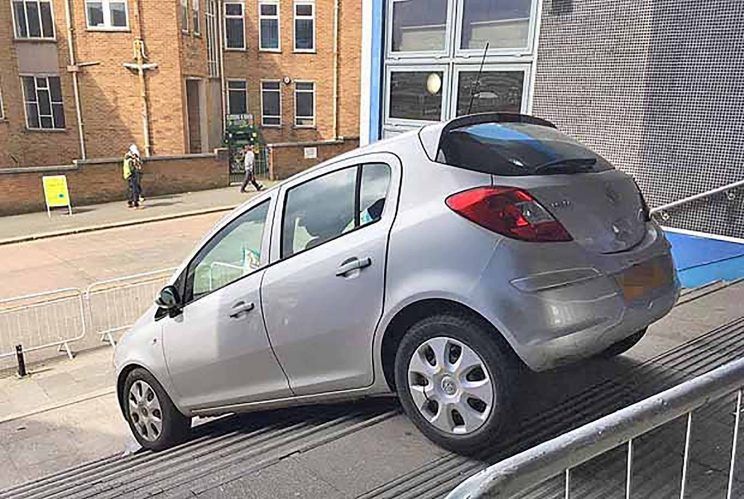5 SIGNS THAT YOU STOP DRIVING
Most people find driving fun. It is normal for people to want to continue driving for as long as they can. However, as you get older, driving abilities change. Since everyone ages differently, there is no exact cutoff age as to when you should stop driving. As seniors, you are more likely to get traffic warnings, tickets and get into accidents, compared to younger drivers. Above 70 years, fatal crash rates rise exponentially. The following 5 guidelines help you determine when you should stop driving, and when the time has come for you to hand over the keys.
1. LIMITATIONS IN PHYSICAL FITNESS AND REFLEXES

Driving requires substantial energy with steering having the highest percentage of muscle involvement. Aging reduces muscle strength and flexibility. This is a major disadvantage because steering becomes difficult, turning your neck to check side mirrors for incoming traffic when changing lanes becomes tiresome, maneuvering becomes difficult and gripping of the steering wheel becomes loose. If you get tired in just the first few miles then this is an indication that you should stop driving.
Some roads are always full of traffic. Drivers on these roads are always alert because a slight mistake could turn catastrophic. Taking a lot of time to respond to traffic signals and being slow/ failing to notice pedestrians and other drivers is a warning sign that age has got the better of you. Can you also react quickly if you need to suddenly apply brakes? Do you always confuse the gas and brake pedals? These are some of the factors that assess your trustworthiness on the driver’s seat.
2. DETERIORATION OF VISION AND HEARING

Safe driving requires good eyesight. Some eyesight problems associated with aging interfere with your ability to focus your peripheral horizon. It causes blurred vision and extra sensitivity to light. It becomes hard to see traffic signs, pedestrians, lane lines and other vehicles on the road. Sensitivity to light makes the glare of oncoming headlights very dangerous. For older eyes, less light reaches the retina because they are more susceptible to cataracts and glaucoma. This significantly raises your driving concerns.
It is rare for you to age without hearing deterioration. Hearing loss reduces the ability to hear horns, sounds made by failing mechanical parts and screeching tires.MEDICATION
Frequent consumption of prescription drugs compromises your driving ability. Above 65 years of age, prescription drugs are usually consumed frequently and in large quantities. The side effects can be massive and can blur vision, induce drowsiness, and confusion. This notoriously affects driving skills. Combinations of different drugs cause an interaction that can be dangerous. When drugs start piling up on your table, you should start to consider being driven around.
4. MEMORY LOSS PROBLEMS

Directions are key aspects of driving. When you get older, it becomes difficult to remember where you are going, or to trace your route to where you have been. This is associated with missing exits that are in your daily driving route or getting lost frequently even in familiar locations. Everyone has an occasional lapse, but if this happens to you often, please stop driving.
5. FREQUENT “CLOSE CALLS”

An increase in traffic tickets and auto insurance rates is a warning sign. Getting pulled over due to traffic violations increases with age. Frequent escapes of imminent collisions mean that the next time luck may not be on your side. Finding dents and scrapes on the car’s body, bumping into other cars when parking and dents on garage doors suggest that your driving is no longer as safe. As seniors, notice these signs in yourself and take a bold action and curtailing driving voluntarily rather than learning your lesson the hard way. If you are over 60 years and driving, pay attention to any difficulties that signal signposts for concern. If you do find yourself in an emergency or want to prepare yourself for one, read this.
As always, Carro hopes all our readers drive safe and stay safe!
You may also be interested in:
The Safest Cars You Can Buy In Singapore
Five Superstar Features For Safety In A Car
Safety Considerations While Buying A Car




